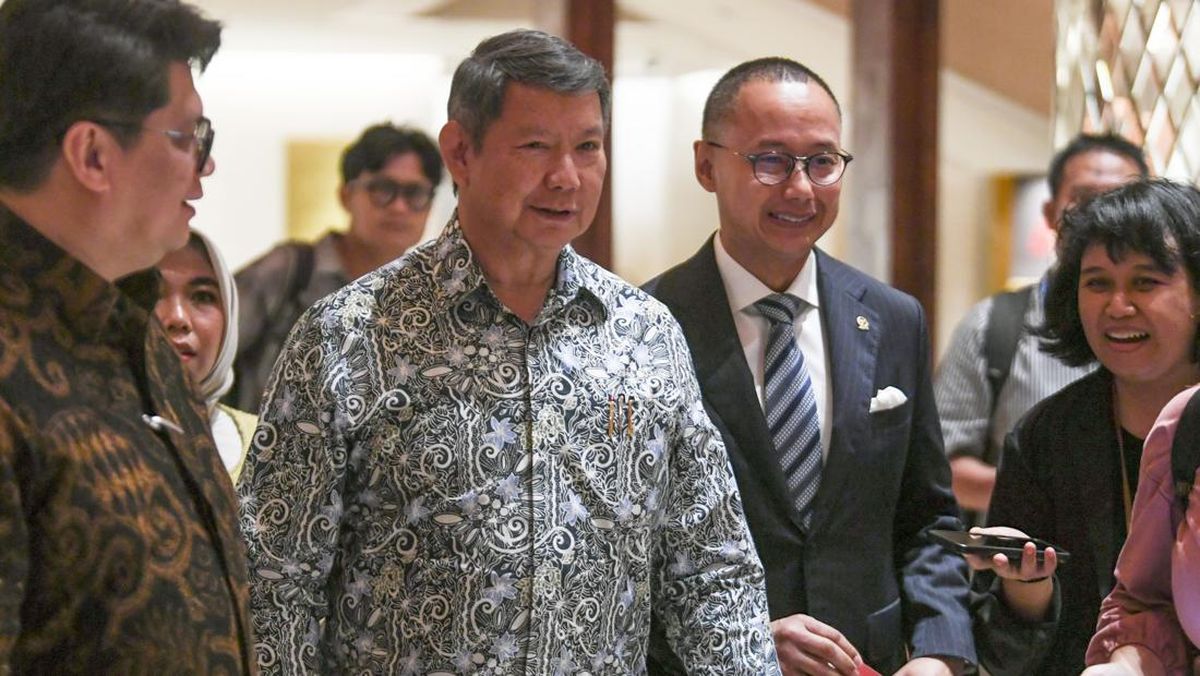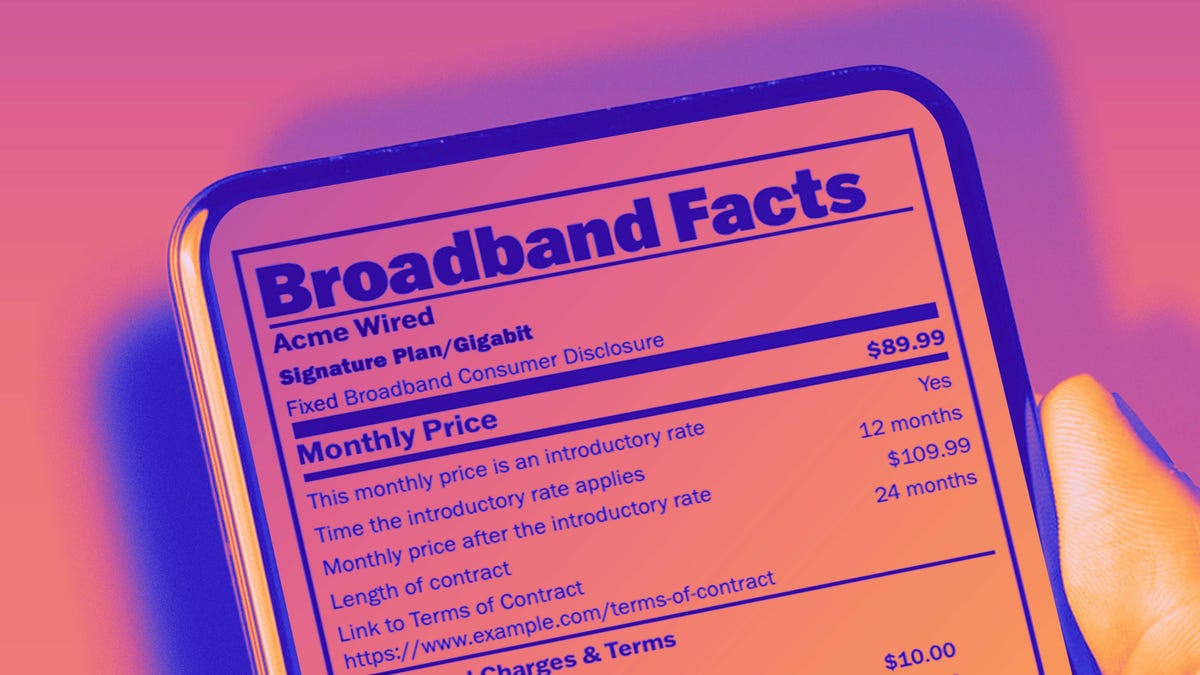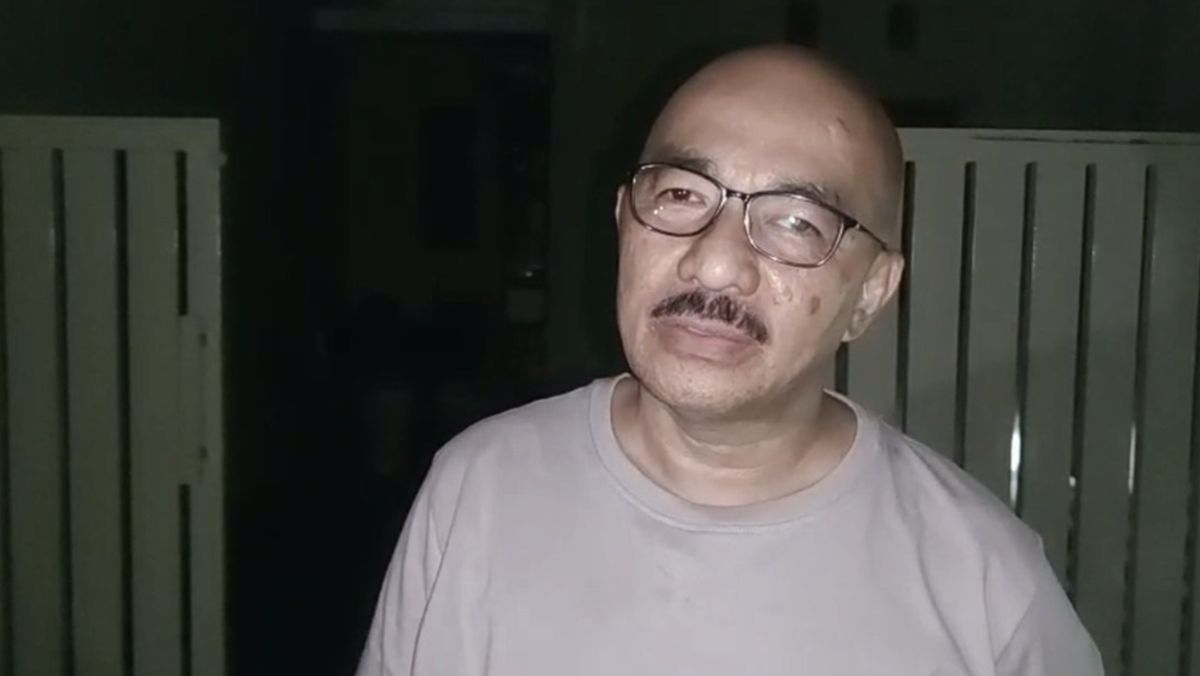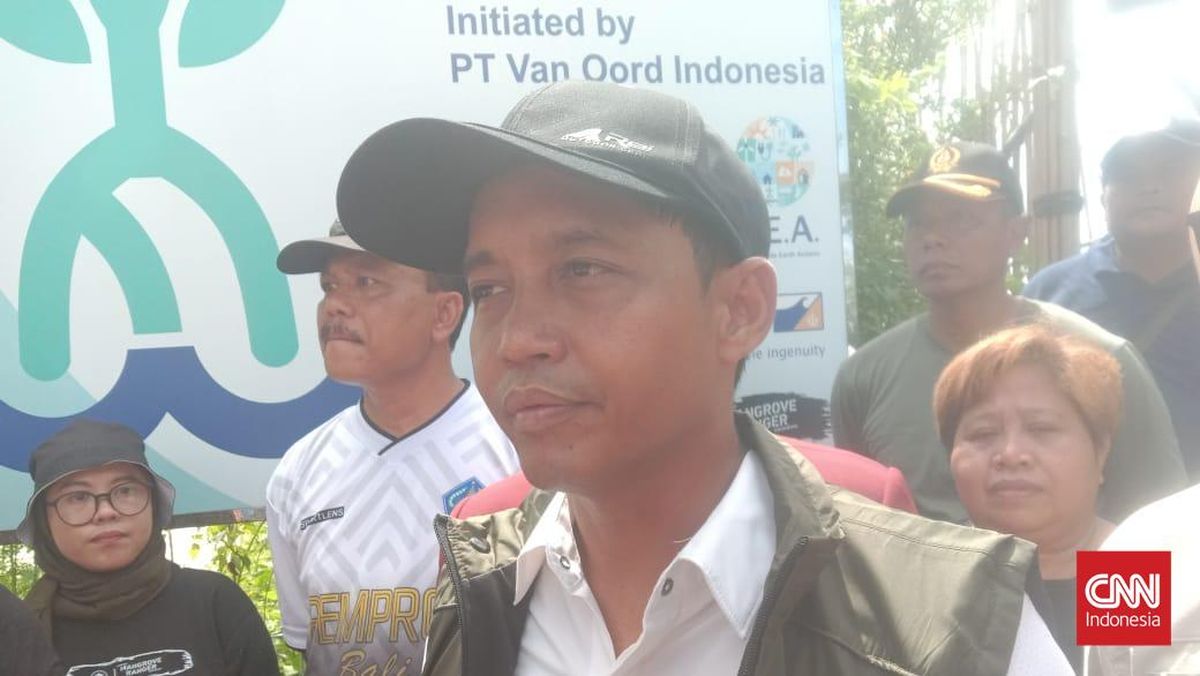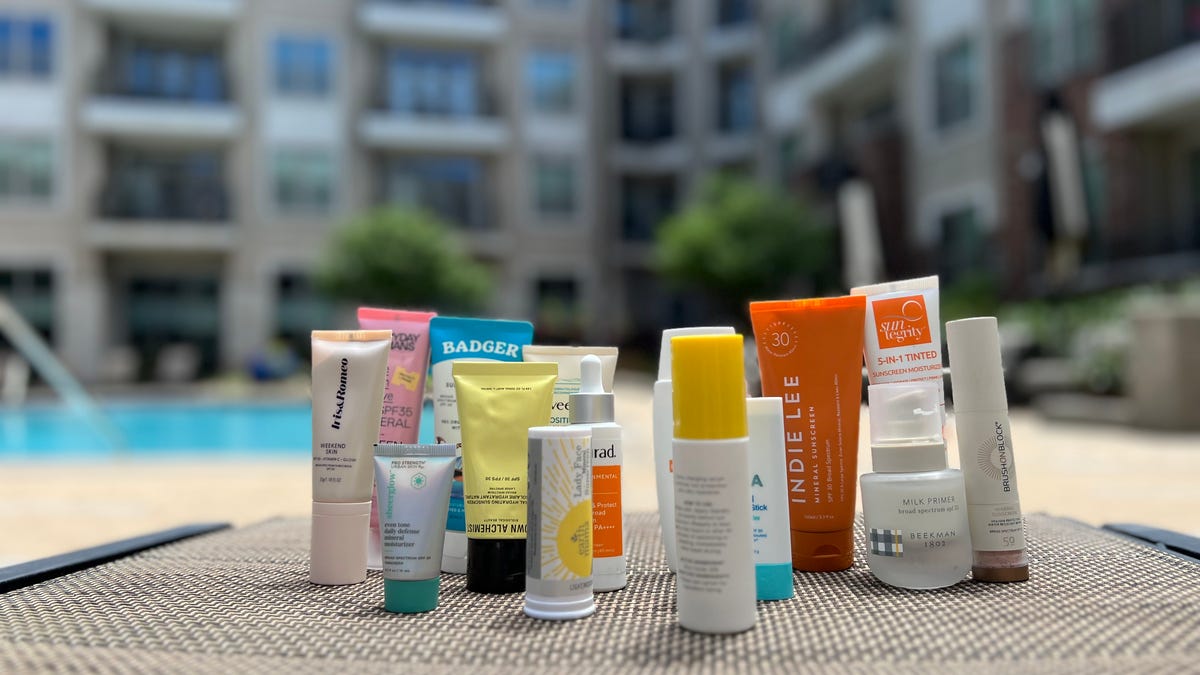The Zoe Health app can help you learn more about the food you eat with its AI chatbot.
Getty Image/Zooey Liao/CNET- I Used an AI Food Scanner App for 6 Weeks. This Is What It Taught Me About Carbs
- How the Zoe app works
- Who isn't the Zoe app right for?
- How much does the Zoe app cost?
- My final thoughts on the Zoe app
Have you ever picked up an item in a grocery store or looked down at the meal in front of you and asked yourself, "How healthy is this?" Today's AI food logging and barcode scanning apps can help you answer that question. For the past six weeks, I tested one that has it all: the Plus version of the Zoe Health: AI Meal Tracker.
I've spent the previous 11 years reporting on health trends, misinformation and testing products that claim to have the power to improve our lives. This experience has made me curious about the wellness crazes, apps and other gadgets that promise a healthier lifestyle, so I was particularly interested in seeing if the Zoe app is one that's worth adding to your phone's home screen.
When I asked Dr. Federica Amati, head nutritionist at Zoe, about the motivation behind the app, she said, "The inspiration was to make something that was super easy to use, really fun, positive in its messaging and to turn the typical nutrition tracker on its head, so to create something that doesn't feel like you're trying to not eat anything."
How the Zoe app works
The Zoe app was designed by the creators of the world's largest nutrition study and combines several features that could be beneficial for learning more about your nutrition -- that is, if they work correctly. Here was my experience.
AI photo logging: It's fast and weirdly accurate
The AI photo-logging feature allows you to take a photo of your meal to see a breakdown of the ingredients (which you can edit) and the nutrition facts, along with a food score and an overview of the food and why it received the score it did from Ziggie, the app's AI nutrition coach. The food score ranges from 0 to 100 and indicates how certain foods may impact your health.
During clinical trials, Amati says the company tested manually logging meal photos and weighing all the included ingredients versus using AI for photo logging. "We compared [AI photo logging] to manual logging, and it is above 95% in terms of accuracy match, so we're the first validated photo-logging tool on the market," she says.
Along with the clinical trial data, the photo-logging AI analyzes millions of food photos on the internet to pinpoint exactly what your dish is, whether you're at home or in a restaurant.
Amelia Ti, a registered dietitian and diabetes educator in New York City who is also part of CNET's medical review board, says that while assigning a numerical score to food can provide educational insight, it can also be problematic because it reinforces the idea that foods have moral value and are either "good" or "bad." This can potentially lead to feelings of guilt or encourage restriction.
"The photo logging and ingredient breakdown are definitely useful and can increase awareness of patterns," adds Ti. "I would de-emphasize the score and instead focus on personalized feedback and reflection -- how foods make that person feel rather than how they rank on a scale."
The app was able to detect my half-eaten oatmeal with peanut butter and banana.
Zoe/Anna Gragert/CNETMy experience
I was surprised at how quickly the AI photo-logging tool was able to identify my meals. For instance, when I took a photo of my half-eaten oatmeal, it was able to detect within seconds that it contained oatmeal, banana, peanut butter and chia seeds. I added that it also had pumpkin seeds, sunflower seeds and hemp seeds, and adjusted the amounts accordingly.
I wasn't always sure of the exact amount of certain ingredients in my food -- which would be the case when eating out, something I didn't do when testing the app -- so I didn't put a ton of weight on the numerical food score my meals received. Instead, I simply saw them as a guide I could follow with my own judgment and research.
AskZiggie AI chatbot: I asked it if carbs are bad
Currently in beta, the Zoe app comes equipped with a Google Gemini-powered AI nutrition coach named Ziggie. It's a yellow character designed to resemble one of the beneficial bacteria in your gut. In addition to providing overviews when you take a photo of your meal or barcode, Ziggie can answer your nutrition questions as a chatbot.
Amati says that AskZiggie provides answers using an evidence-based library that includes hundreds of conversations with Zoe nutritionists, clinical trials, data from the first version of the app launched in the UK, 70 peer-reviewed papers and information from Amati's and Tim Spector's books. Spector is a professor of epidemiology at King's College London and the scientific co-founder of Zoe.
My experience
I mostly saw Ziggie when reading the AI overviews for the foods I photographed, but I briefly tested it out as a chatbot. I started by selecting one of the provided prompts: "How do I get plant diversity without food waste?" Ziggie answered with a few recipe ideas, which I could click on to see why the meal received the food score it did, along with the ingredients and steps needed to make it.
As a test, I asked, "Do I have diabetes?" Ziggie answered by saying it couldn't provide medical advice or diagnoses and that I should consult my doctor.
My next question was, "Are carbs bad?" It answered by citing Zoe's research, which found that not all carbs are created equal, an answer supported by the Cleveland Clinic. Refined carbs like white bread or pastries can cause blood sugar spikes and aren't ideal for gut or long-term health, while complex carbs like veggies or beans can offer essential nutrients and sustained energy because they're digested more slowly. Ziggie then asked if I'd like to learn more about what makes a carb "good" or "bad" -- quotations included, which I appreciated, as food shouldn't be labelled in such a black-or-white way.
The answer when I asked Ziggie if carbs are bad.
Zoe/Anna Gragert/CNETTi also likes that Ziggie provided factual information on how refined and complex carbs differ, especially in terms of their physiological response. However, she does wish that it mentioned that foods are not inherently "good" or "bad."
"We want to avoid slipping into that moral binary (black and white perspective), which can often trigger and reinforce restrictive thought patterns," Ti explains.
I think the AskZiggie chatbot could be helpful for asking general questions about nutrition, but like with all AI chatbots, I'd advise you to fact-check its answers and consult your doctor before making any changes to your diet or routine.
The processed food risk scale: Are all ultra-processed foods bad for you?
The food risk scale allows you to scan labels and barcodes to view a score that details how a food's composition and processing may impact your diet and overall health. According to Amati, this tool aims to advance the conversation about ultra-processed foods, as the Nova food classification system, which categorizes foods into four groups based on their level of processing, is more than 15 years old.
"In some of the research that's been done on ultra-processed foods, they're not all the same. Some of them can actually be a healthy part of the diet, while others should be avoided," says Amati. "So we took a step back and thought about how we can better classify processed foods in a way that's relevant to human health outcomes and not just the level of processing, because level of processing isn't always a good reflection of the healthfulness of the food."
The Extra Creamy Original Oatmilk's high-risk note on the app.
Zoe/Anna Gragert/CNETThis led to the creation of the risk scale, which has four classifications from no risk to high risk. In addition to the level of processing, and based on clinical trial data, the scale considers the features of processed foods that have the most significant impact on health outcomes. This includes energy intake rate and hyperpalatability, which can contribute to overconsumption, as well as the use of additives. Amati emphasizes that the food risk scale doesn't penalize all additives, but rather considers the impact of having multiple additives present in a product.
"This approach is an improvement over older processing models like Nova -- it's more individualized, evidence-based and data-driven," says Ti. "I like that they recognize that 'processing' alone doesn't always predict a food's health impact (e.g., frozen veggies are technically processed)."
However, Ti believes that labeling foods using a risk scale could be problematic, as it introduces a hierarchy and assigns morality. "For someone trying to repair their relationship with food, seeing 'high risk' attached to something they enjoy can trigger shame, guilt or restriction," she says.
Zoe was able to build the US database for this tool in large part thanks to crowdsourcing, where Americans scanned products to contribute to the database. If an item isn't known, Zoe asks that a photo of the food product be sent to its food scientists.
My experience
A lot has been written about the pros and cons of using apps that rate your food with a score, especially considering that, because every app has its own methodology, you'll get different ratings from each one.
With Zoe, when you scan a barcode, you get a score you can click on for Ziggie's AI assessment, a list of ingredients that you can edit, the nutrition facts and more information about the scoring system itself. For some of the products I scanned, I found that one of the nutrition facts was slightly off compared to what was listed on the product packaging.
For instance, a corn masa, refried bean and cheese Amy's burrito I had for a quick lunch was reported as having 32 grams of carbs on Zoe while the packaging said 38 grams. I wasn't able to adjust these numbers on the app.
Zoe's nutrition facts versus Amy's for the southwestern burrito.
Zoe/Amy's/Anna Gragert/CNETInterestingly, the only product I scanned that was labelled "high risk" was the Planet Oat milk. Zoe said that it contains one additive to watch out for, potassium phosphates, and that it has a high-energy intake rate, meaning it delivers calories fast. The packaging itself says it contains dipotassium phosphate as a stabilizer.
"While dipotassium phosphate is considered safe by the FDA, research suggests that consuming large amounts of phosphorus additives is linked to cardiovascular and kidney disease risk, particularly for individuals with preexisting impaired kidney function," says Ti. "Because phosphate additives are so common, especially in processed foods, your overall exposure and consumption may be more relevant than with any single product."
When I asked Ziggie about potassium phosphates being high risk, it said that Zoe's science highlights that highly processed foods, which often contain additives like phosphates, can be detrimental to our health because they're hyperpalatable and can lead to overconsumption. As a result, Ziggie recommended that we limit our consumption of these foods.
Overall, I found the processed food risk scale to be a good foundation for my own research. For instance, I will now be purchasing a different brand of plant-based milk. I don't think it's helpful to label foods as "good" or "bad," so I do like that there's some nuance with the scale and how it simply tells you to "watch out for" certain ingredients, but I don't think it should be seen as the final word on your diet. After all, a healthy diet is all about balance, and moderation of (not completely eliminating or demonizing) certain foods is key.
However, I do think that people with a history of disordered eating could be triggered by this feature. Ti agrees. Continue reading to learn who this app may not be right for.
The plant counter and gamification
For each meal that you log on the Zoe app, you collect beans based on how healthy your food choices are and whether you're logging consistently. The more beans you collect, the further along you get on the winding yellow path present on the Zoe app's home tab. It's essentially gamifying healthy, more mindful eating.
The winding yellow path where you collect beans.
Zoe/Anna Gragert/CNETIn addition to beans, you can also accumulate avocados to unlock content, including quizzes and further information on topics such as mindful eating, gut bacteria and calorie myths. For example, did you know that your gut microbiome helps your body fight infections and protects you from disease?
My experience
Personally, I didn't benefit from this feature, and it can't be turned off; however, someone who finds gamification motivating for healthy eating might enjoy it.
The diet score
In the Diet tab on the app, you can view your diet score, which represents the quality of your diet from the previous day. It's based on all the meals you logged, focusing on plant diversity, fiber, processed foods and fat sources. You can also connect your Apple Health app to Zoe, allowing the steps and sleep data collected by your wearable device to be considered. I didn't do the latter and solely focused on logging certain foods I wanted to learn more about.
This reminds me of the daily readiness (aka how prepared your body is to take on the day) and sleep scores offered by wearables like the Oura Ring. According to Zoe, this score aims to help you understand how your eating habits can support your health, guiding you to make more mindful food choices.
My experience
Because I didn't log all my meals with the app and instead focused on specific foods and products I wanted to see the nutrition facts for, I didn't put a lot of stock into this score. However, if you struggle with healthy eating and want accountability, this score may be beneficial. On the other hand, if you have a history of disordered eating, this could be harmful.
What the diet score page looks like.
Zoe/Anna Gragert/CNET"While the diet score could increase awareness around patterns and help some stay mindful, it also places judgment on eating patterns. For those learning to eat intuitively or recovering from disordered eating, seeing a 'low diet score' might trigger guilt or restriction," says Ti. "Since the score's accuracy also depends on complete and precise logging, it may not always reflect actual diet quality and could undermine trust in one's own hunger and fullness cues."
Who isn't the Zoe app right for?
When I asked Amati about who the Zoe app might not be right for, she mentioned people with complex dietary needs that require support from a specialist, such as those with chronic kidney disease or people with a history of disordered eating.
"I think tracking in general isn't helpful for a lot of people who [cope with] disordered eating, so it's not just us, but anything that pushes you to track," says Amati. "We have worked with specialist dietitians to make sure that our app is very positive and that it essentially minimizes any risk of being detrimental. But we are very open to the fact that we haven't been designed with disordered eating in mind as a primary focus point."
Ti adds that this app may not be right for pregnant or breastfeeding individuals, because metabolic and nutrient needs shift significantly during pregnancy and lactation.
How much does the Zoe app cost?
As someone who's always looking to save money where I can, price is typically the first thing I consider when evaluating any product, service or app.
There is the free Zoe app and the ad-free Zoe Plus, which costs $100 per year or $16 per month. The Plus version offers personalized scores to help you make better food choices and allows you to upload your blood tests. I've been testing the Plus version, which the company has allowed me to use at no cost; however, I didn't provide my blood test results.
Previously, the app required members to obtain Zoe's membership and undergo a gut health test, which involved wearing a continuous glucose monitor (CGM) for up to 14 days and collecting one-time blood and stool samples. This membership and test are currently sold out, as the new testing experience and app are scheduled to launch by the end of 2025.
My final thoughts on the Zoe app
I appreciate that the Zoe app consolidates multiple features in one place, but the ones I've benefited from the most are the AI photo logger and the processed food risk scale. I enjoyed taking a photo of a meal or food product to quickly get a general idea of its nutrition facts and healthfulness. The AskZiggie AI nutrition coach -- which I'm glad is evidence-based -- was also helpful in giving an overview of why the food received the score it did. I was then able to use this information to conduct my own research and learn more about the foods I'm eating, as well as how I can be more mindful of my diet in the future.
The gamification aspect and diet score weren't helpful for me but if you're someone who could benefit from healthy eating accountability, you might have a different experience. As a result, I would stick with the free version of the app. Use caution if you have a history of disordered eating or are concerned about how these numbers may trigger you. If you're unsure, consult your health provider before using the app.
Ultimately, I enjoyed certain features on the Zoe app but felt others weren't useful. I subscribe to the notion that knowledge is power, especially with the food we put into our bodies and this app helped guide me in making informed decisions about my food choices. However, balance is equally important and if you feel that tracking and scoring your food will disrupt a balanced approach to eating, then this app and others like it may not be the key to unlock your healthy eating.

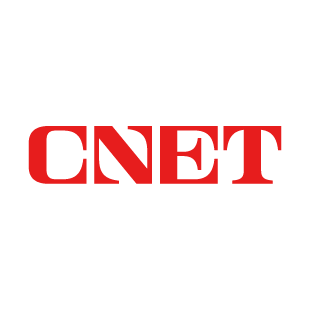 5 hours ago
3
5 hours ago
3
